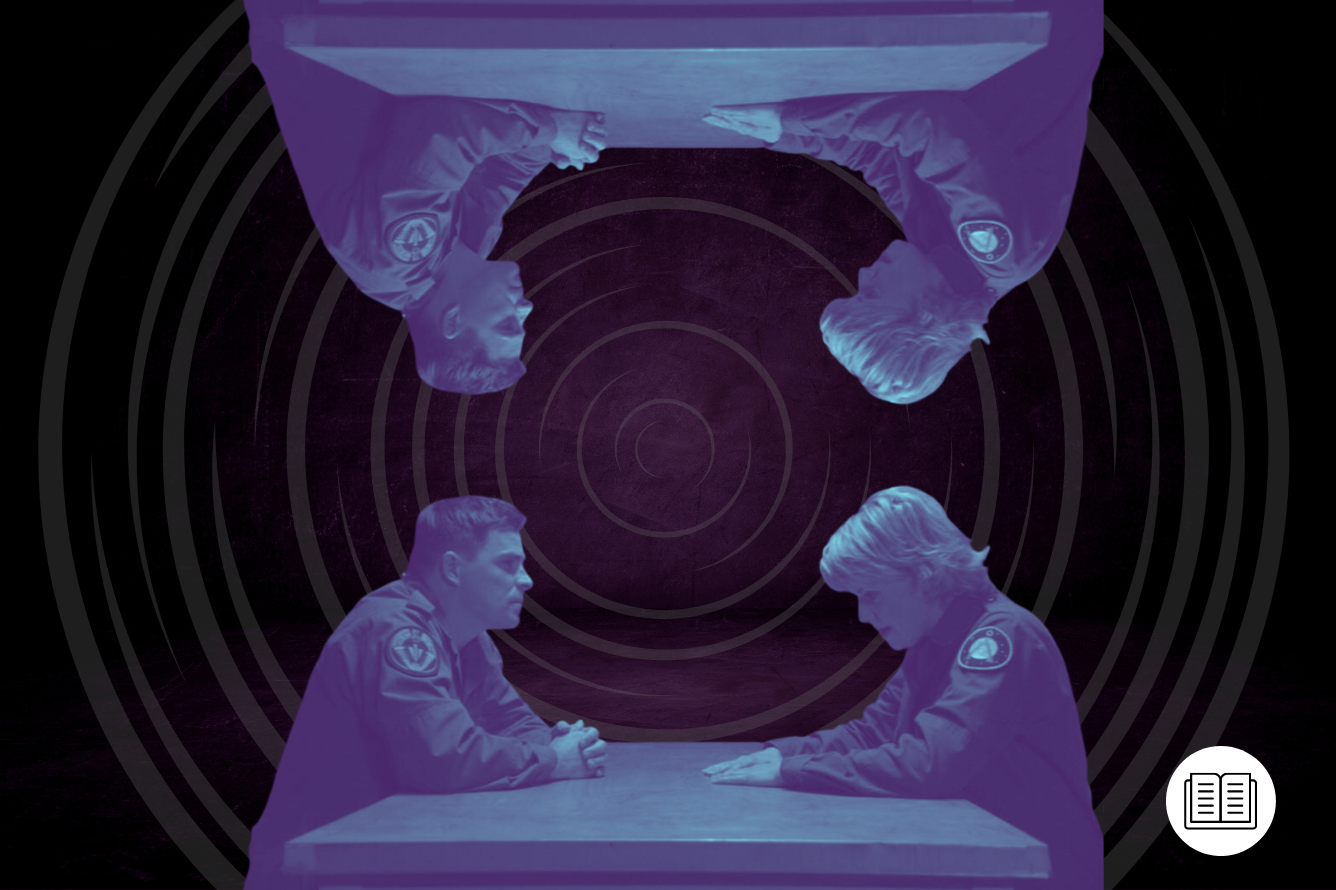Stargate | ‘The Road Not Taken’ Hurts Because It’s Real
The ‘darker timeline’ of the Stargate SG-1 episode ‘The Road Not Taken’ offers a glimpse into how our world might respond to alien life.

The ‘darker timeline’ of the Stargate SG-1 episode ‘The Road Not Taken’ offers a glimpse into how our world might respond to alien life.